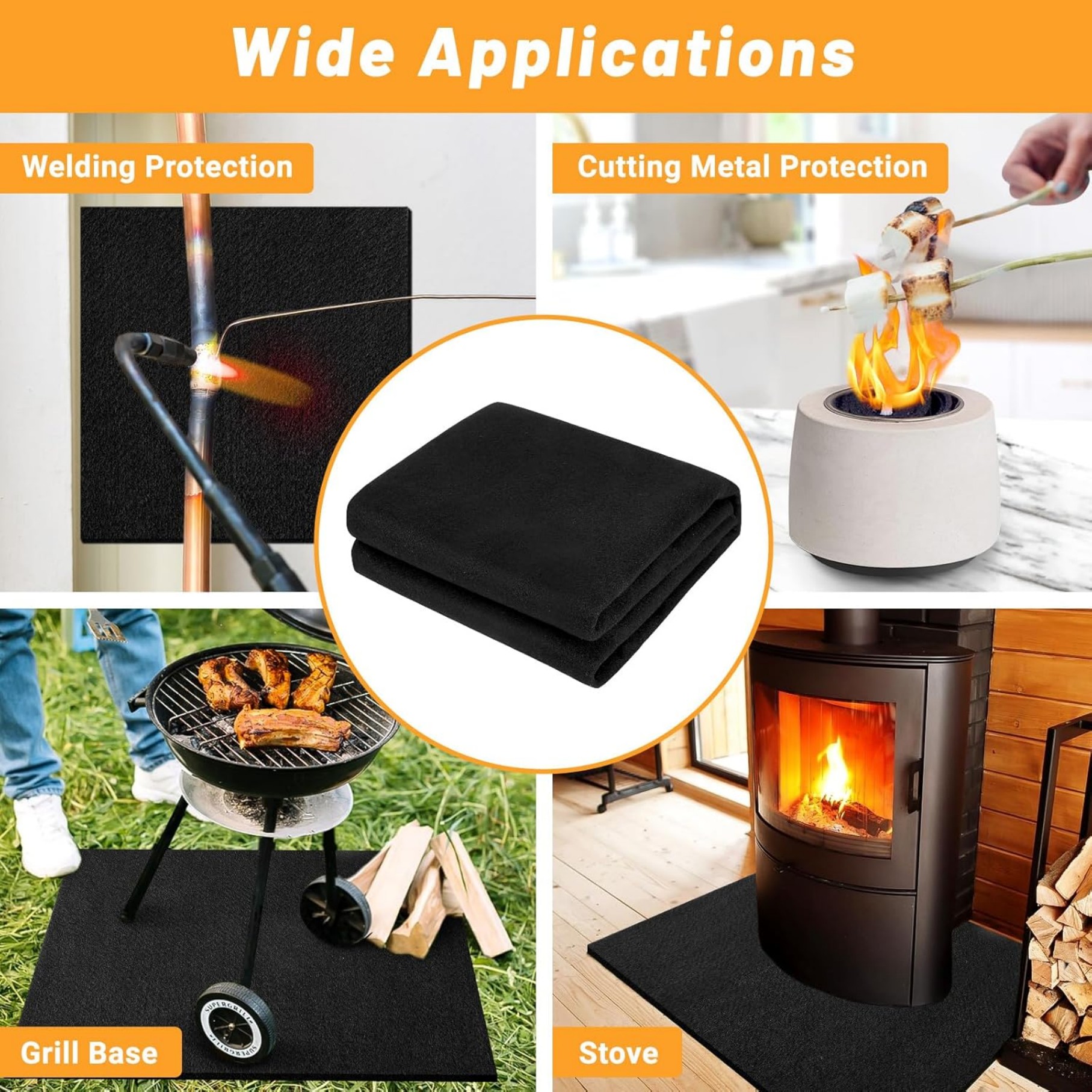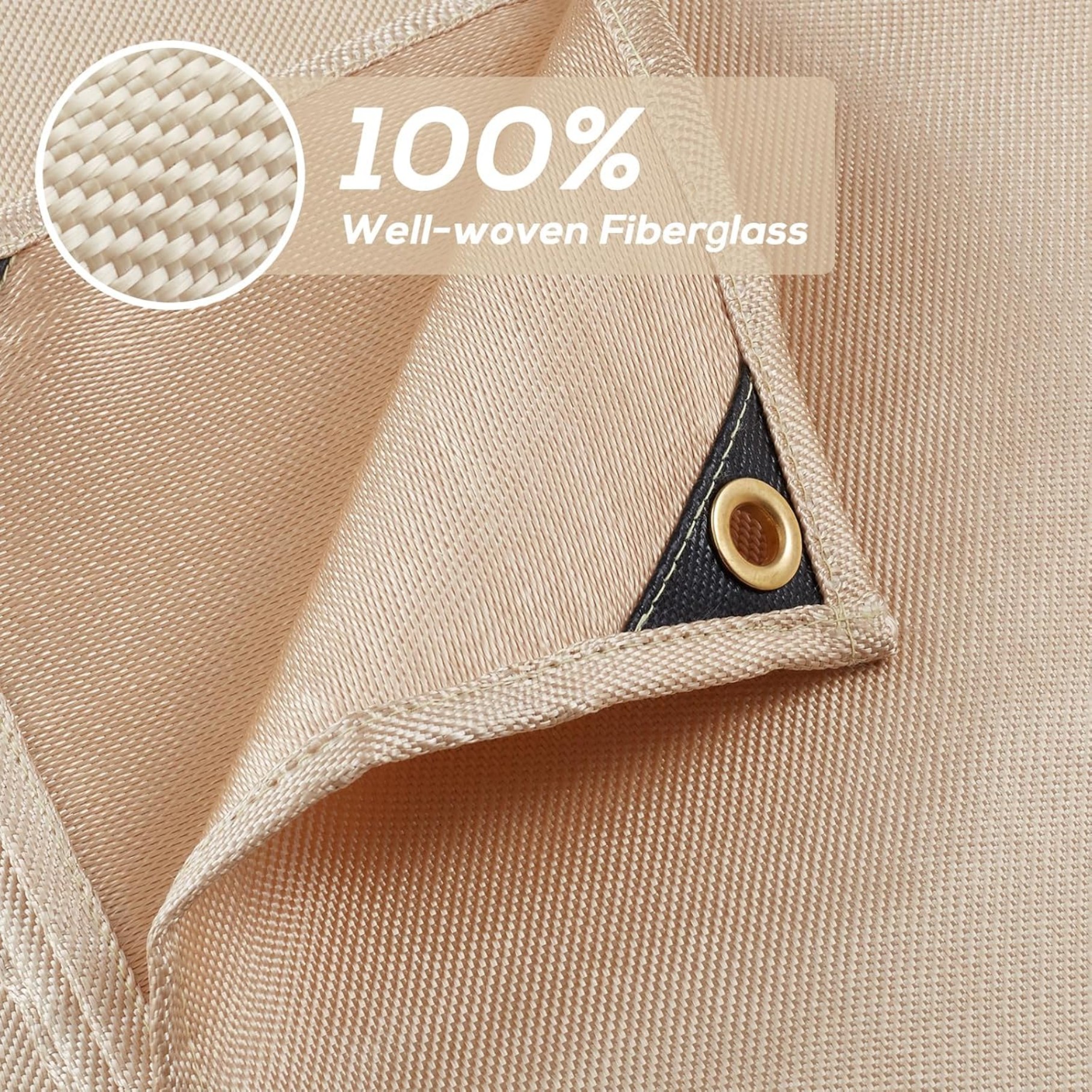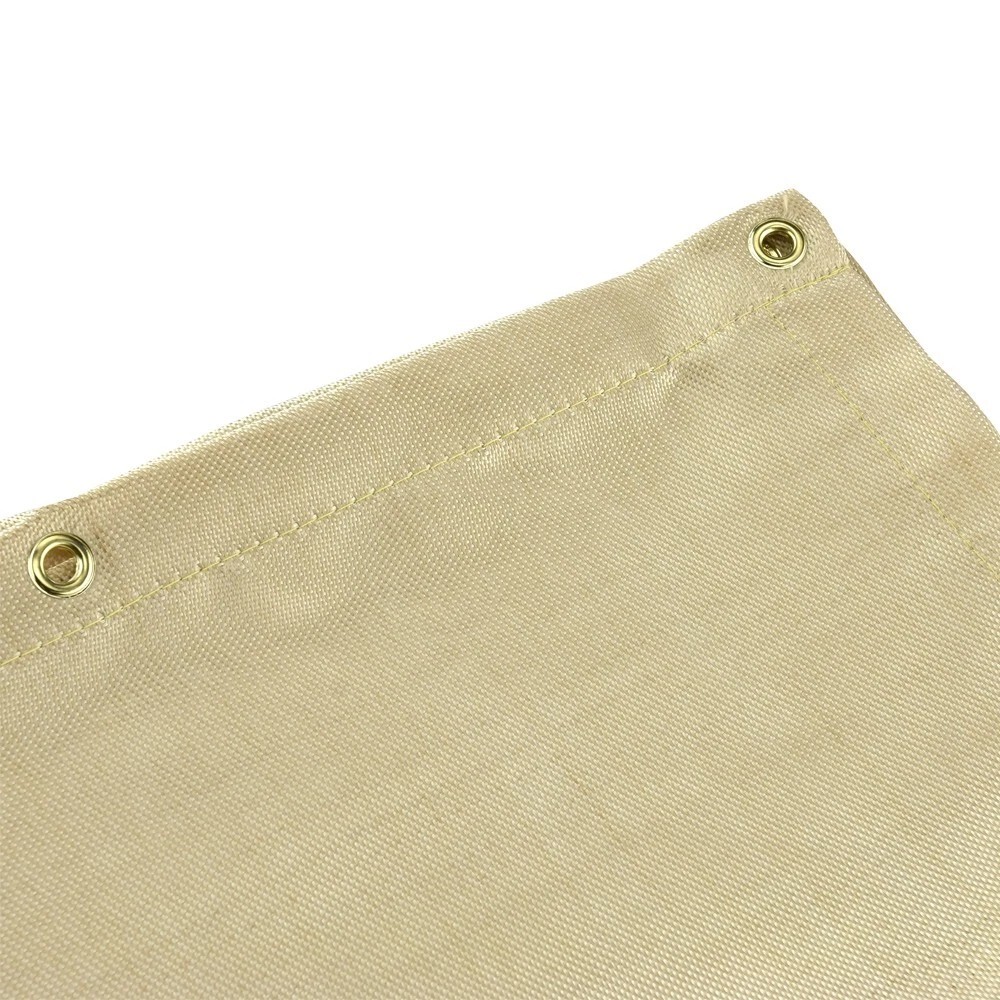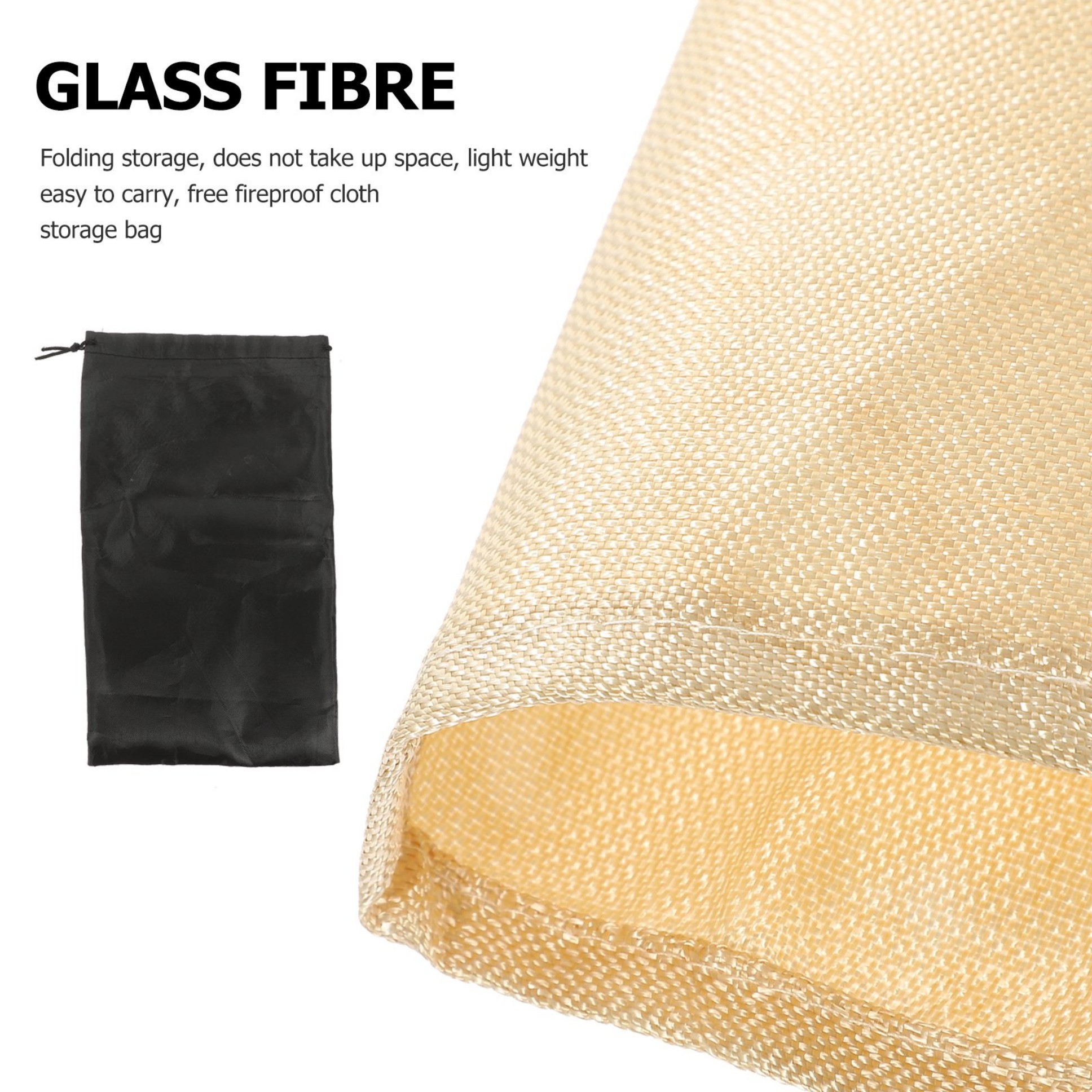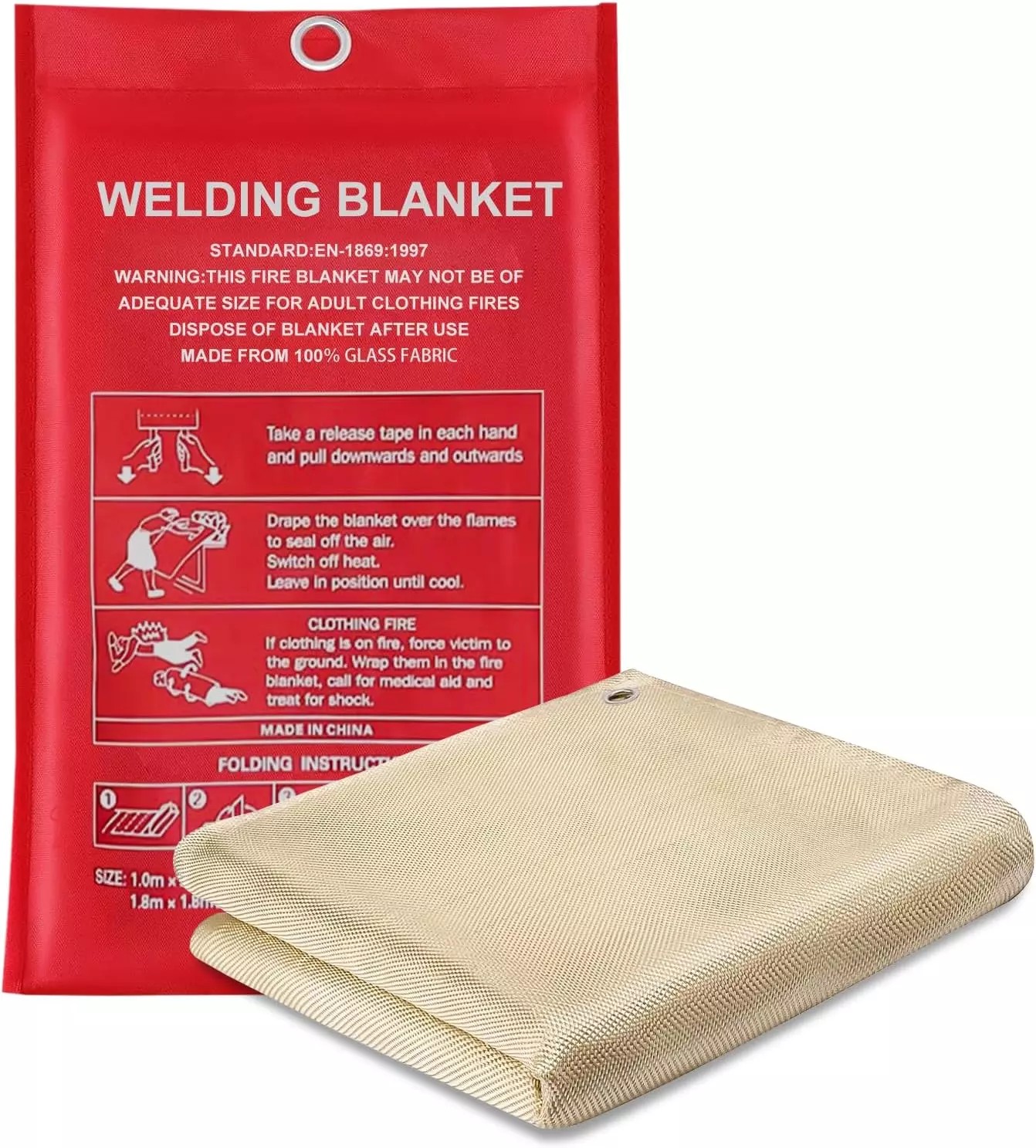Fibreglass Blanket Welding: Techniques, Benefits and Industrial Applications
Summary:Fibreglass blanket welding joins insulation materials for high-temperature applications. This guide covers welding methods, equipment, safety measures, and common uses in industrial settings.
What Is Fibreglass Blanket Welding?
Fibreglass blanket welding is the process of joining fibreglass insulation materials using heat or specialized adhesives. You use this technique when installing thermal insulation in boilers, furnaces, pipes, or industrial equipment. The welded seams create continuous insulation barriers that prevent heat loss and improve energy efficiency.
Common Welding Methods
You have several options for welding fibreglass blankets:
- Hot air welding:Uses heated air (300-400°F) to melt the fibreglass fibers and fuse layers together
- Ultrasonic welding:High-frequency vibrations create heat at the contact points
- Adhesive bonding:High-temperature resistant adhesives for applications below 500°F
- Needle punching:Mechanical interlocking of fibers without heat
Essential Equipment
For professional fibreglass blanket welding, you'll need:
- Temperature-controlled welding gun
- Heat-resistant gloves and face shield
- Straight edge and cutting tools
- Backing materials (when working with thin blankets)
- Ventilation system for fume extraction
Step-by-Step Welding Process
- Prepare clean, dry surfaces with overlapping edges (minimum 2 inches)
- Set your welding tool to the manufacturer's recommended temperature
- Apply even pressure while moving the welder along the seam
- Allow the welded area to cool completely before handling
- Inspect for uniform bonding without gaps or weak spots
Safety Precautions
When welding fibreglass blankets:
- Always work in well-ventilated areas
- Wear NIOSH-approved respirators to avoid inhaling fibers
- Use protective clothing that covers all skin
- Keep fire extinguishers nearby
- Dispose of scraps properly to prevent airborne particles
Industrial Applications
Fibreglass blanket welding serves critical functions in:
- Power plants:Insulating steam pipes and turbines
- Refineries:Heat containment in distillation columns
- Aerospace:Thermal protection for spacecraft components
- Automotive:Exhaust system insulation
- Foundries:Furnace lining maintenance
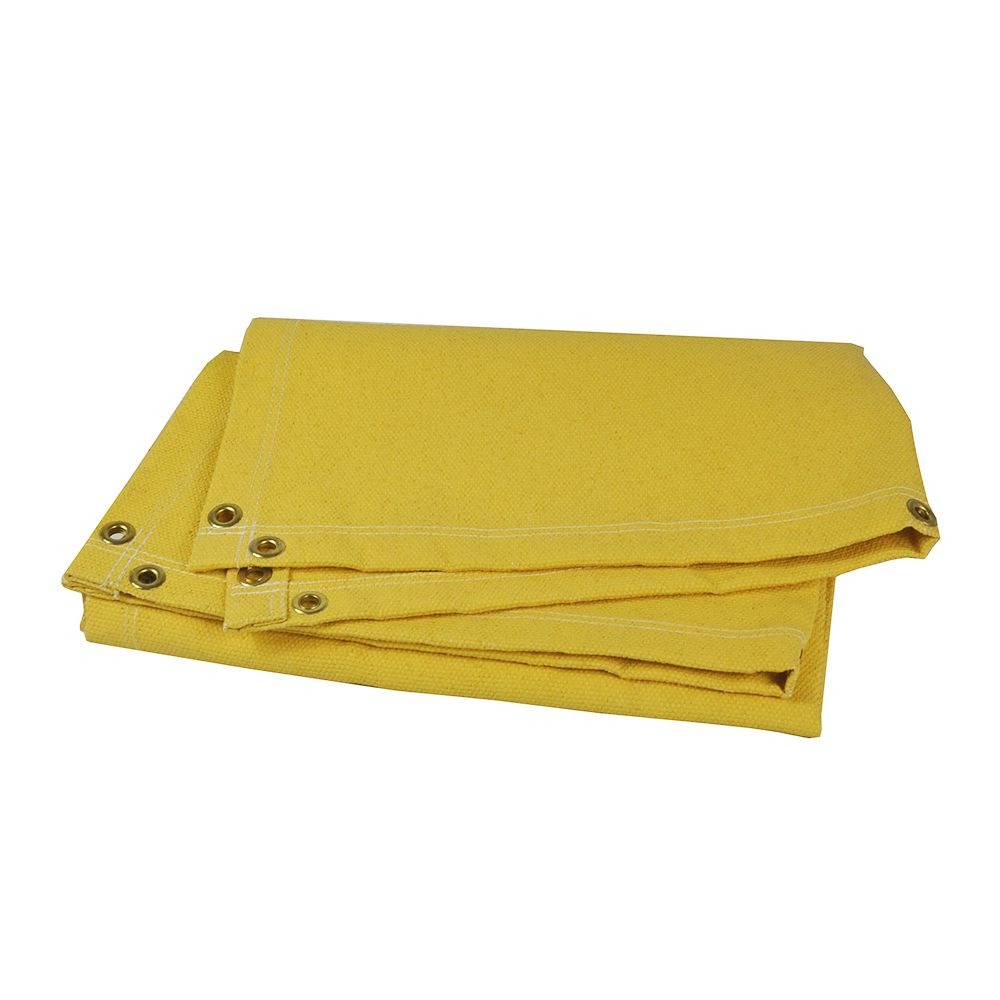
Advantages Over Traditional Methods
Welded fibreglass blankets offer:
- Better thermal performance with seamless joints
- Increased durability against vibration and thermal cycling
- Reduced installation time compared to mechanical fasteners
- Customizable shapes for complex equipment
- Longer service life with proper installation
Troubleshooting Common Issues
If you encounter problems:
- Weak bonds:Increase temperature slightly or slow your welding speed
- Burn marks:Reduce temperature and ensure consistent movement
- Warping:Use backing materials and avoid excessive heat
- Fiber separation:Check material compatibility and surface preparation
Maintenance Tips
To extend the life of welded fibreglass blankets:
- Inspect annually for damage or separation
- Clean surfaces with compressed air (no water)
- Repair minor damage with high-temperature sealant
- Replace sections showing significant deterioration
Choosing the Right Material
Select fibreglass blankets based on:
- Operating temperature range
- Chemical exposure requirements
- Thickness and density needs
- Flexibility for complex shapes
- Certifications for your industry
Proper fibreglass blanket welding creates durable, efficient insulation systems. By following these techniques and safety measures, you can achieve professional results in various industrial applications.


